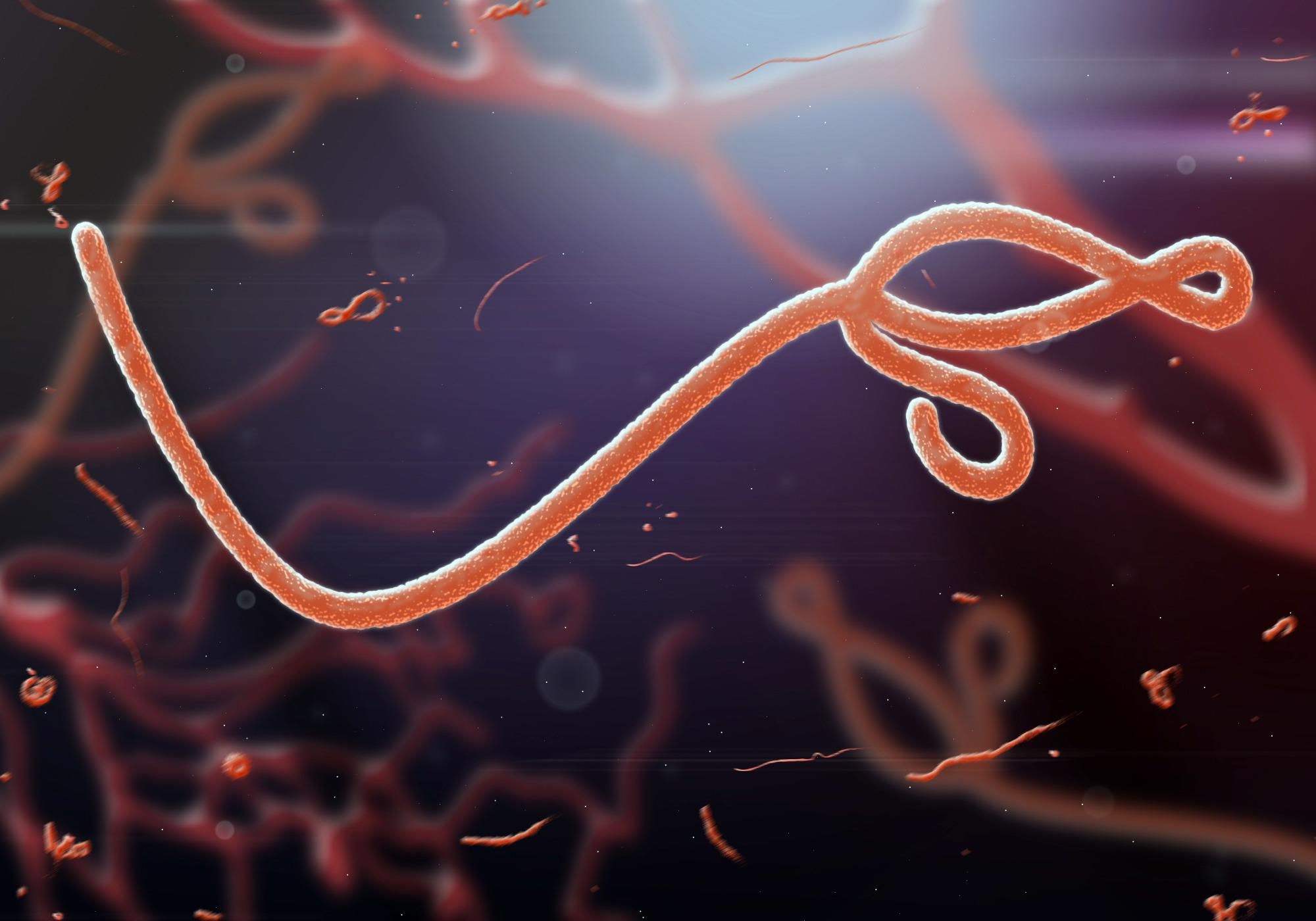Coronavirus disease 2019 (COVID-19) is a zoonotic disease that spread from animals to humans. A great deal of media attention was paid when the pandemic was officially declared early in 2020, pointing to the theory that the disease had jumped from bats into humans at the Wuhan wet market, where wild animals are kept. Regardless of how well-supported this exact theory is, it has long been known that more zoonotic diseases are more likely to occur where animals are close to other animals and humans that they wouldn't normally encounter. Researchers from Georgetown University have published research in the journal Nature, stimulating future zoonotic hotspots and projecting how climate change could affect these events.
 Study: Climate change increases cross-species viral transmission risk. Image Credit: the8monkey / Shutterstock
Study: Climate change increases cross-species viral transmission risk. Image Credit: the8monkey / Shutterstock
The Study
Some species will likely try to migrate to new habitats as their climate changes. Most mammals' ranges will overlap with at least one unfamiliar creature if species range changes keep pace with climate change in the near future. Even with the best possible outlooks on future emissions, this is no longer possible to change. This would represent a doubling of potential species contract, occurring everywhere across the world - but primarily in tropical Africa and Southeast Asia. Species will aggregate in most novel combinations when mountains act as physical barriers, preventing them from traveling further. Other hotspots will likely include the Amazon and central African basin, Botswana and parts of the Indian subcontinent. The predicted outcome of the increase in first encounters is a minimum of ~15,000 cross-species transmission events of at least one novel virus.
Novel viral sharing is likely to be limited at least in part by species' intrinsic dispersal capacity. In their simulations, the researchers limited the dispersal potential of flightless species by taking into account body size, trophic rank and generation time. Generally, dispersal limits caused significant reductions in range expansions for all species. This model showed carnivores accounting for a slightly higher number of first encounters, and rodents marginally lower. Bats caused a disproportionately higher level of viral sharing, as the ability to fly allows them substantially higher dispersal capacity. Research has already shown that their distributions are rapidly changing, and bats account for nearly 90% of first encounters in all the examined scenarios.
A subnetwork of 13 possible hosts of the Zaire ebola virus was constructed, and potential first encounters were projected to illustrate the threat to human health. These 13 species would encounter between ~3,700 and ~2,500 new mammals, leading to at least one hundred new viral sharing events. As well as exposing a broader range of new species to the deadly virus, this could also increase the zoonotic niche of the ebolavirus across a much wider range of Africa, possibly increasing future outbreaks.
 Ebola virus illustration. Image Credit: jaddingt / Shutterstock
Ebola virus illustration. Image Credit: jaddingt / Shutterstock
Unfortunately, even the most optimistic projections for a reduction in greenhouse gas emissions are unlikely to reduce the risk of climate-driven viral sharing. If global warming is slower, species are more likely to survive the range shifts and even more first encounters will occur. The authors highlight that this finding is limited to zoonotic events, and other climate-driven disasters could still be affected by changes in greenhouse gas emissions.
The timing of climate change was analyzed by reproducing the simulations with a new climate product that allowed a baseline to be set in the past, between 1980 and 2010, and then exploring the impact in three future time zones stretching between 2011 and 2100. The vast majority of the first encounters occurred in the first third of the century, but steady and sizable increases did continue until 2100. Unfortunately, this could indicate that the vast majority of climate-related zoonotic events could already have occurred - but only if the species' habitat has shifted as quickly as the habitat suitability has.
Conclusions
Despite the authors' acknowledgment that many and different ecological changes will complicate their predictions further, they nevertheless establish a strong correlation between climate change and cross-species viral transmission. In the future, this work can be better scaled to reflect individual areas and species more accurately, but this provides the first template for how viral emergence hotspots in wildlife can be predicted prior to introducing these viruses into human populations; potentially preventing future pandemics.